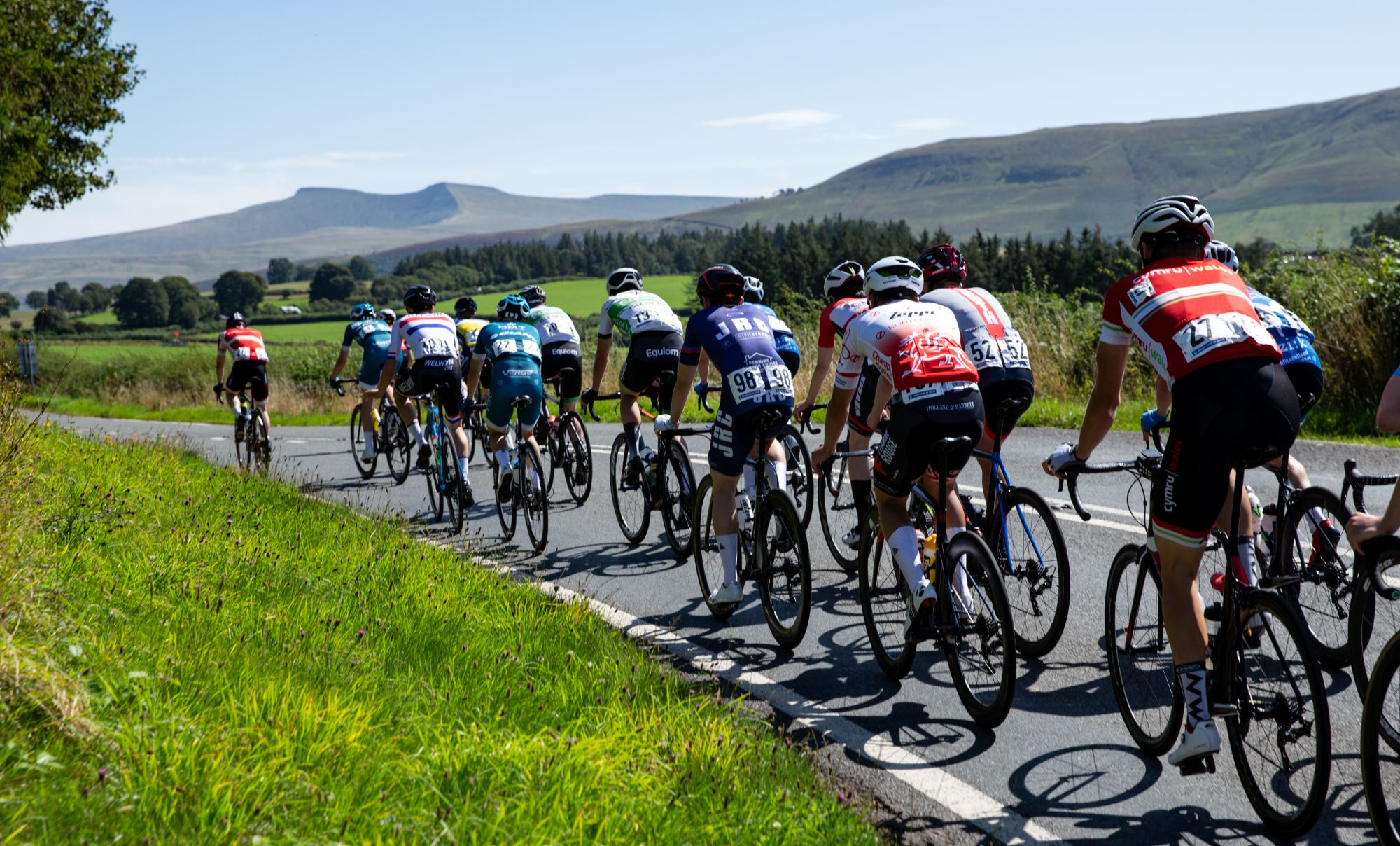
British Cycling CEO Jon Dutton said there is "no easy solution" to the introduction of 20 mile per hour zones, which caused problems for one race organiser in Wales earlier this year, and is likely to affect more events in the future.
Back in late August, the Junior Tour of Wales was forced into a last minute route change due to just eleven kilometres of 20mph zones featuring on the course. The race eventually went ahead as planned, although race organiser Richard Hopkins was faced with an array of challenges to overcome in order to make the event happen, including the collapse of a planned legal mitigation.
Wales introduced default 20mph speed limits earlier this year, meaning that the speed limit was lowered on "all restricted roads", where previously the limit was 30mph. More 20mph limits have also been introduced in England.
Whilst speed limits do not apply to pedal cyclists, road races are flanked by follow cars and ambulances, who must stay in contact with the riders but cannot exceed the limit without exemptions being put in place.
In a recent interview with Cycling Weekly, Jon Dutton explained that British Cycling had kept a close eye on the situation with the junior tour and were aware that 20mph zones could potentially be impacting organisers elsewhere across the country.
"We appreciate the complexity in Wales with the 20 mile an hour zones, and this is a problem that came up about 12 months ago. It's a problem that we've been across. And as ever, there is no easy solution," Dutton said. "But we are determined to not just work with Beicio Cymru [formerly known as Welsh Cycling], but also to keep an eye on what will happen across the rest of the UK with this. It's tough, and we appreciate the challenges that Welsh cycling faced with the junior tour."
After the problems facing the junior tour were first made public, it later emerged that Beicio Cymru were facing a torrent of wider issues, with the governing body releasing a statement which claimed road racing in Wales is currently in an "unsustainable" situation.
"The figures are alarming," Robbie George, Beicio Cymru's director of development and events, wrote as the governing body shared data which showed the drop off in participants in road events in Wales.
"What we know for sure is we don’t have enough events, or event organisers, costs are going up and of the events we have had we haven’t had enough participants. Events have been cancelled due to this, whilst events that have run or are running, such as the Welsh Road Championships, will run at a significant loss – it is simply unsustainable."
It is not yet known what approach British Cycling may take to helping Hopkins and other organisers facing similar scenarios.
Back in February, Cycling Time Trials [CTT] issued a new guidance document regarding 20mph zones which said new ruling in place meant that riders would need to slow down when riding through 20mph sections on courses across the country.
CTT stated that the consensus is that 20mph zones and time trialling are "incompatible" and therefore any course with a substantial 20mph section should no longer be used if an alternative route is available.







